Oral cancer is a serious disease that can become life-threatening if not caught early. The problem is that many people don’t notice any symptoms until the cancer has already progressed. That’s why regular screenings at the dentist are so important. They can help spot warning signs before it’s too late. The earlier oral cancer is found, the better the chances of successful treatment and recovery.
Why Screen for Oral Cancer?
Getting checked for oral cancer regularly can make a huge difference in your health. When caught early, treatment is often simpler and more effective. Waiting too long can mean more aggressive treatments, like surgery or radiation, become necessary. Screenings help catch problems before they become severe, so you have the best shot at avoiding the disease.

Risk Factors
Certain habits and conditions can make oral cancer more likely. Smoking or chewing tobacco, heavy alcohol use, and too much sun exposure on your lips all raise your risk. If someone in your family has had oral cancer, you might be more likely to develop it too. Regular screenings help your dentist keep an eye out for early signs, especially if you have one or more of these risk factors.
What to Expect During a Screen
A screening is quick and painless. Your dentist will look closely at your lips, tongue, gums, and the inside of your cheeks. They’ll also check the roof and floor of your mouth for anything unusual, like red or white patches, sores, or rough spots.
In addition to looking, your dentist may gently feel the tissues in your mouth and neck for lumps or swelling. This helps catch anything that might not be visible just by looking. The whole process only takes a few minutes, but it can catch problems early.
Who Should Be Screened?
While some people are at higher risk, oral cancer can happen to anyone. Even those who are healthy and have no obvious risk factors. That’s why dentists recommend regular screenings for all adults, not just those who smoke or drink. Being proactive about screenings means you’re more likely to catch any issues before they become serious.
When to Screen
Most people should get screened at least once a year during their regular dental checkup. If you’re at higher risk, your dentist might suggest more frequent screenings. Usually because of tobacco use, heavy drinking, and family history. They’ll help you figure out the best schedule based on your personal risk factors.
How Technology Helps Detect Oral Cancer
Dentists now have advanced tools to help spot early signs of oral cancer. Special lights, like ViziLite or fluorescence imaging, can highlight abnormal tissue that might be hard to see with just a regular exam. These tools make screenings even more thorough, helping catch problems that might otherwise go unnoticed.
What If Something Looks Suspicious?
If your dentist sees something unusual, they might recommend a biopsy. This means taking a tiny sample of tissue to test for cancer cells. While the word “biopsy” might sound scary, it’s a simple procedure that helps confirm whether further treatment is needed.
Be Mindful of Changes
You know your body best, so it’s important to notice any changes in your mouth. If you have a sore that doesn’t heal, a lump, or an area that feels strange, don’t ignore it. Tell your dentist right away. Catching these changes early can make all the difference in getting the right treatment quickly.
Final Thoughts
Oral cancer is serious, but regular screenings give you the best chance of catching it early. Even if you don’t have any symptoms or risk factors, getting checked is a smart way to protect your health. Your dentist can make the process quick and easy, and those few minutes could end up saving your life. Don’t wait to schedule your next exam today and take control of your oral health.

